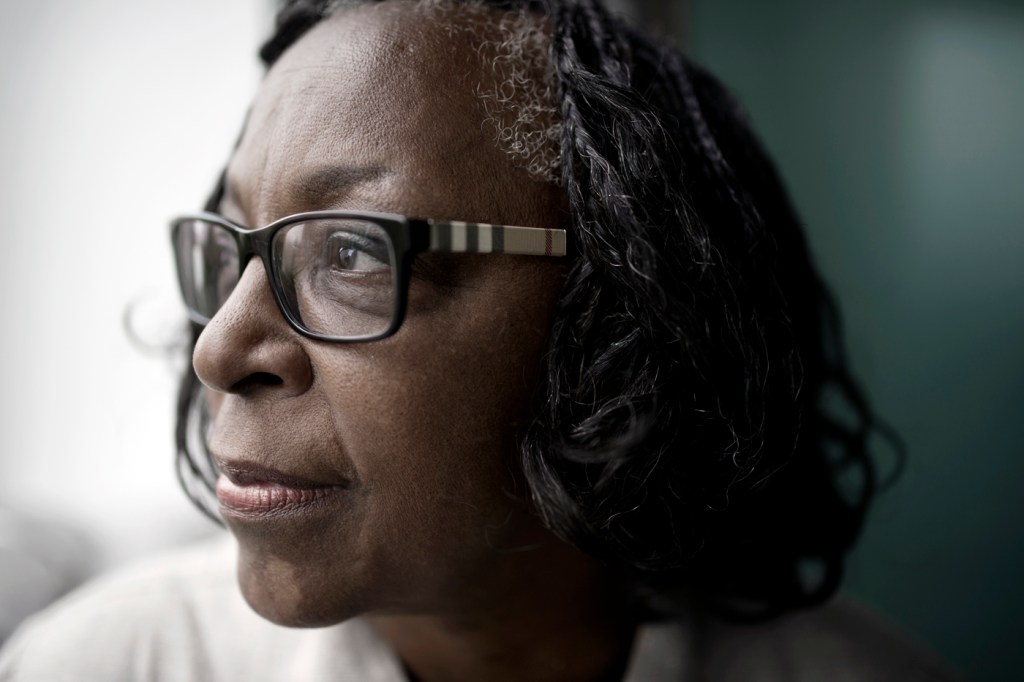Educating tomorrow’s nursing leaders

When Barbara Guthrie reflects on her goals as she joins the Northeastern faculty this fall, an enlightening quote from the late Shirley Chisholm, a social activist the first African-American woman elected to Congress, comes to mind: “Service is the rent you pay for room on this earth.”
Guthrie, a new professor and the doctoral program director in the Bouvé College of Health Sciences’ School of Nursing, says her “service” is to educate the next generation of nursing scientists and to support underserved communities.
At Northeastern, she’s excited to get to work on both fronts. National statistics indicate a major need to bolster the nursing workforce; in 2013, the U.S. Bureau of Labor Statistics projected that more than 525,000 more nurses must be added by 2022 to meet the growing demands of the healthcare system and the aging Baby Boomer population. Guthrie, who is teaching a doctoral seminar for nursing students this fall, says it’s imperative that nurses pursue their doctorates and research endeavors earlier in their careers, and for there to be increased diversity within that group.
“That means not only gender, ethnicity, and cultural diversity but also diversity in their abilities and thinking,” Guthrie says, “To address the world’s health challenges, we need a more diverse workforce, one that brings fresh, new ideas to the table.”
She says it’s also important for nurses to work in the communities where the people to whom they’re providing care live to better understand their specific needs, particularly urban communities where health disparities are more prominent. Guthrie, a former community health nurse, says preventative care and wellness education dovetails with this mission.
“Health is learned,” she says, “and people’s understanding of it emerges from where they work, live, and play.”
Throughout her career, Guthrie’s research has focused primarily on health promotion and risk reduction programs for adolescent girls from diverse ethnic, social, and environmental backgrounds. Her projects include “Girl Talk,” one of the first gender and ethnic responsive peer-led sexually transmitted infections and HIV/AIDS prevention programs. In another study, she interviewed girls within the juvenile justice system; upon realizing that many use substances to deal with the pain that carry around in their daily lives, she set forth to develop prevention programs for junior high and high school girls focused on health education and establishing healthy relationships.
Her work has been published in many prestigious journals and funded by organizations such as the National Institute of Drug Abuse and the National Cancer Institute. She has also been appointed to the advisory board of the National Institutes of Health’s Council of Councils, and she served as a member of the Institute of Medicine’s Committee on Commercial Sexual Exploitation and Sex Trafficking of Minors in the United States.
Guthrie received a doctorate in nursing from New York University, her master’s of science in nursing from Duquesne University, and her bachelor’s degree in nursing from Boston University.





